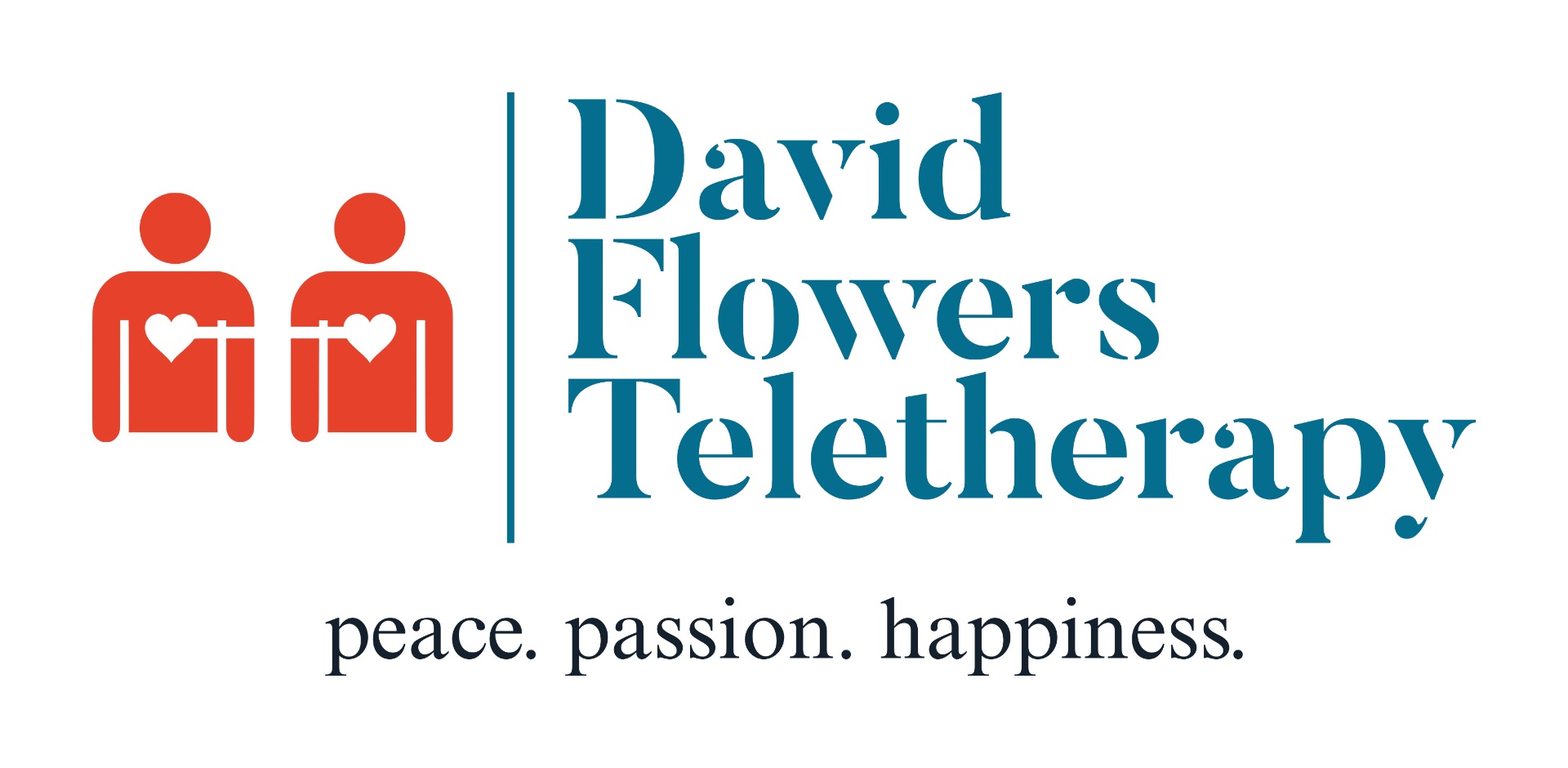How to Make Decisions With More Peace and Less Anxiety and Regret

Introduction
This post has nothing directly to do with couples, relationships, or couples counseling, other than the fact that people in relationships are often making extremely important decisions where there is a lot at stake, and may need clarity on this issue now more than at any time in their lives.
Say a friend hurts your feelings casually in a conversation with a group of people and you have to decide whether to forget it, bring it up with your friend, or just stop being friends with that person.
That’s one of those decisions people often dread, and can leave your head spinning with an intense barrage of thoughts.
- What if they get mad?
- What if they tell our friend group and people think I’m making a big deal out of nothing?
- What if I lose the friendship?
- On the other hand, I do need clarity about what they meant by what they said
- Am I being petty?
- Do I have a right to feel the way I feel?
- Should I just end the friendship and never bring it up?
- I need to stand up for myself though.
How do you sort through all these options and decide what to do?
For a lot of people, every time they have to make an important decision, they go through this kind of confusion and mental anguish, and the bigger the decision, the more questions, confusion, and anguish involved.
It doesn’t have to be this way.
Two Ways of Making Decisions
I have noticed there are basically two frameworks people use to guide their decision-making, and if you read the list of thoughts above, you will find evidence of both of those frameworks.
One framework focuses on outcomes.
Outcome-based decision-making
“I could do this, but maybe if I do that might happen.”
“Or I could do that, but then maybe this might happen.”
This outcome-based framework, in my experience, is what most people use to make decisions. The problem is it leads naturally to a lot of anxiety and regret.
Result: Anxiety
This is because when you think your job is to make the decision that will get you the outcome you want, you are dealing with things that are beyond your control.
You don’t actually have any control over the outcomes of the vast majority of decisions you make. The reason there is a decision to be made in the first place is because you want something to happen (or not happen) that isn’t up to you.
Focusing too much on things you can’t control is actually one of the best ways to generate a lot of anxiety.
Result: Regret
When it comes to decision-making, regret is simply what’s on the opposite shore of anxiety. You’re anxious before the decision, overly focused on what you cannot control, then if the decision doesn’t produce the desired outcome, you will often be filled with regret. You will likely second-guess yourself.
- “I shouldn’t have done that.”
- “That was stupid.”
- “What was I thinking?”
- “They probably responded the way they did because I provoked them.”
Much of this anxiety and regret simply isn’t necessary, but in order to minimize those uncomfortable feelings, you must select the other framework as your guide for making and evaluating your decisions.
Principled decision-making
Look again at the list above. You’ll see two of the items are not focused on outcomes of the decision, but focused on the personhood of the decision-maker.
“I need clarity.”
“I need to stand up for myself.”
If you want to make decisions that don’t lead to a lot of anxiety and regret, this is the framework you need to use. It is not focused nearly as much on the outcome of the decision, which is not in your control, it is focused on you! It is about who you are, what you need, your goals and values, your boundaries, your ideals about what friendship is and should be, and honoring yourself and your own feelings.
This is your decision-making sweet spot, because the main focus here is on the one person you can control — YOURSELF.
A Common Objection: This Isn’t Realistic!
Here you may be saying, “But Dave, this isn’t realistic — doesn’t everybody who’s making a decision have a preferred outcome? What’s wrong with really wanting things to go a certain way?” The answer is nothing.
But really wanting things to go a certain way is not the same thing as being overly focused on the outcome. I’ve already covered above how people end up feeling when they are overly focused on outcomes.
When you are focused on your own goals, values, and boundaries, of course you still want your decision to produce a certain outcome, but as you are making the decision, your primary concern is not producing that outcome at any cost, it’s being consistent with your own being, being faithful to yourself.
Comparison of the Two Ways of Making Decisions
So back to our original example. You’re trying to decide whether to confront a friend who hurt your feelings in front of others.
Let’s say you decide you need to talk to your friend about this, and your desired outcome is that the friendship remains solid. It’s perfectly fine to want that outcome.
So of course you take great care to craft what you say in such a way so as not to make things worse, hurt your friend, or put the friendship in jeopardy. You want to express your feelings as clearly and honestly as you can, and also communicate that your goal is to preserve and maybe even deepen the friendship. You’re clear about your desired outcome, but your main focus is on who you are, what you want, and how you pursue what you want–all things in your control.
So you have your conversation with your friend and get the outcome you want. They are very open and you become closer than ever before. That’s fantastic, just what you hoped for! How can anyone say that’s a bad thing?
But what if your friend gets angry? What if they are hurt, and offended, and decide they don’t want to be your friend anymore? If you really made a principled decision based on who you are and what your values are and asking people to honor the boundaries you have set in the world, then you will be sad about the outcome, regret that it went the way it did, maybe even wonder how you might have presented your feelings better, but you do not second guess the decision itself, because the rightness or wrongness of the decision to talk to your friend was never based on how they would respond.
This way of making decisions I call the “person-based” way, in that it is primarily grounded not in outcomes that depend on other people, but in your own principles, which are about you and up to you.
Principled is Better but Less Popular
This better way of decision-making is not the most popular way because it requires people to be clear on their own boundaries and give up the illusion that getting the results they want in the world is up to them.
On top of leading to greater peace and less anxiety and regret, that’s another reason why it’s better, because it requires the decision-maker to do their work and operate according to a clearer understanding of what is and is not up to them.
Principled is Still Better
You may save, “But Dave, I don’t want to give up control!” What I’m trying to explain here is that you don’t actually have that control to begin with and the greater peace comes from giving up something you do not even have.
Sounds like a pretty good trade.
